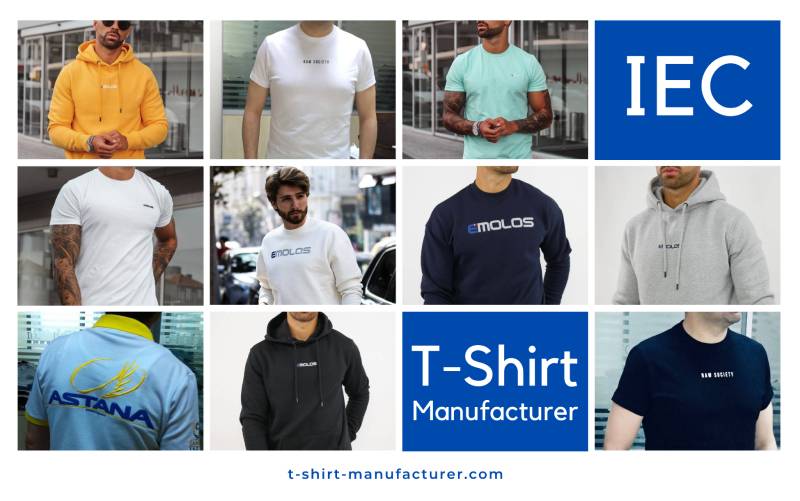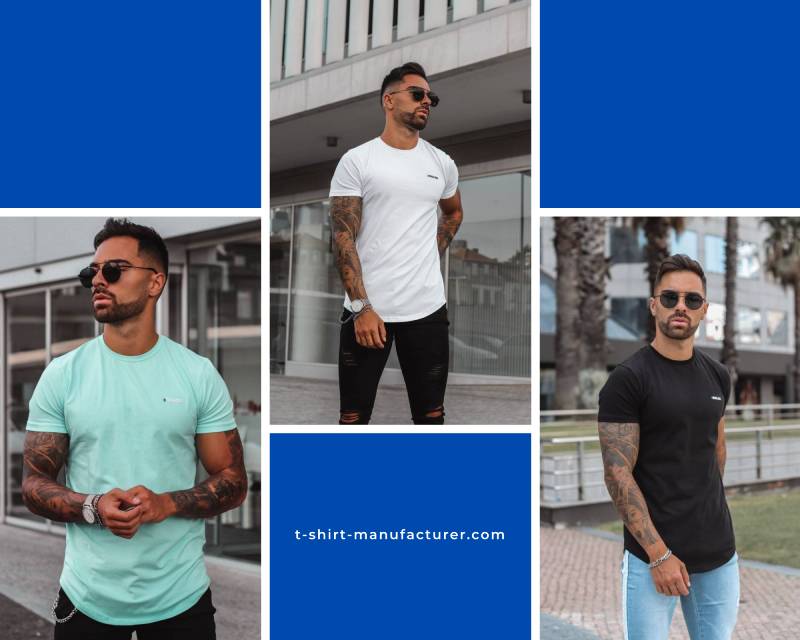| Men Tshirt manufacturers Turkey
wholesale men and
women t shirt
custom men and women teshirt
manufacturer
100 cotton men and
women tshirt manufacturer
blank men and women tishirt
brand name tishirt wholesaler
printed men t shirt wholesaler
wholesale tshirt - Turkey
wholesale men tshirt - Turkey
t shirt transfer wholesale
wholesale cotton t shirt
wholesale biker tshirt
licensed tishirt wholesale
wholesale women pocket tshirt
chopper tshirts wholesale
wholesale tee shirts istanbul
novelty tee shirt wholesale
blank tee shirt wholesale
white tee shirts wholesaler
high quality t shirt
wholesale
оптовая продажа и
производство спортивных рубашек теннисок и футболок
производство мужских
спортивных рубашек теннисок и футболок из 100%
хлопка
производство пустых мужских
спортивных рубашек теннисок и футболок
оптовая продажа и
производство спортивных рубашек теннисок и футболок с
эмблемой
оптовая продажа мужских спортивных рубашек теннисок и футболок
оптовая продажа и
производство спортивных рубашек теннисок и футболок из
хлопка
оптовая продажа мужских
фирменных спортивных рубашек
теннисок и футболок
оптовая продажа спортивных
рубашек теннисок и футболок с
карманами
оптовая продажа модных спортивных рубашек
теннисок и футболоk
оптовая продажа
высококачественных спортивных рубашек теннисок и футболок с
карманами
Fabrication de t-shirt d'hommes en Turquie
Fabricant en gros de t-shirt d'hommes manche courte longue
Fabrica de t-shirt hommes manche courte longue personnalisé avec votre propre
fabrication de t-shirt d'hommes de 100% coton manche courte longue
tee-shirt moulant blanc manche courte maille 100 % coton
T-shirt moulant blanc manche courte avec l'embleme ou logo
tee-shirt avec logo
imprimé
tee-shirt pour homme en gros - Turquie
t shirt pour hommes en gros - Turquie
tee-shirt pour hommes en gros de 100% coton manche courte longue
Vente en gros autorisée de t-shirt tee-shirt
Vente en gros de t-shirt tee-shirt avec poche
Vent en gros de t shirt
tee shirt blanc blanche
Fabricant de haute qualité de t-shirt tee-shirt
A wet teshir tbrisbane manufacturer
china turkey , women custom uk,
women cat
, women cat t, bird tshort, women funny ttiger teeshirt pakistan manufacturar
chinese.man
wolf te man shirts totonto, women wet t shert contest, deer tea short, leopard tishirts
mexico, vintage
tee shit, napoleon dynamite t , brisbane wholesale india t short
tishirt design, turtle t shird manufecturar, polar bear te shirtss, christian
tahiland , seal
shirt china t, hell, dolphin te shirts
german shepherd teshort, band te shirt, women cool teeshirt thailand , vote for pedro tshirts
uk,
owl , te shirts screen printing,
punk te shirts india, tshort contest, cougar tea shirt, offensive tea shorts, whale toronto, personalized tea shit, womens poker tea shorts.
novelty tishirt pakistan womens tea shortslion tea shortss, man t , 80s te shirt
thailand ,
butterfly teshirts chinese, t short mexico logo, music tea shorts,
design your own brisbane tee shirt toronto, retro thiland white ti
man shirt, women humorous tea
shorts,
patriotic t shert, shark tii sorts, long sleev.
airbrush t shird mexico, tishort quilt, hip hop t short, concert tshirt
manufacturer, military
tii sorts, american eagle tee shirt india, teshirts saying,
rude tee shirt pakistan, graphic tshert, biker t ,
hanes , horse , scarface tii sorts, women crazy , punisher tii sorts, women
tii sorts printing. |
Novelty t-shirt for men
and women in Istanul - Turkey
Textile and leather exporters from Turkey represent
largest group of traders at Motexha 2006
Turkey, the 10th largest textile exporting country in the world will be
strongly featured at Motexha 2006, the Middle East region's largest trade
show for fashion, textiles, leather and accessories, which is set to take
place between 3rd-6th April 2006 at the Dubai International Exhibition
Centre.
More than 30 exporters from the country representing over 35 exclusive
brands in Textiles, Leather and Apparels will take part at Motexha, it was
announced.
Turkey is one of the most important textile producing countries in the
world, with more than 40000 companies being active in the textile and
apparel sector. Close to a quarter of the top 500 industrial enterprises
in the country operate in the textile and apparel sector and the industry
is a key player in Turkey's industrialisation process. Leather industry in
Turkey represents 2.2 per cent of the country's total industrial
production, with more than 2200 companies working in the sector.
Turkish textile sector has given renewed importance and investment into
research and development activities. As a measure of product
differentiation, the industry has focused heavily on investing in medical,
technical, and organic textiles. In addition, private label Turkish textile tshirt
manufacturers have been seeking sectoral partnerships into international
markets, while making huge investments in technology to increase
productivity and lowering costs. In 2005, Turkey's leather shoe wear to
handbags and accessories exports totalled approximately US$ 150 million
and apparel exports US$ 7.5 billion. In the same period, Turkish leather
shoe wear to handbags and accessories exports to the Middle East exceeded
US$ 40 million.
'The Middle East has a growing share within the total exports of Turkish
leather shoes, textiles and apparel exports. We expect this to increase by
four to five-fold within the next five years,' says Selda Sehirlioglu of
Turkey Aegean Exporters Association.
Turkish Textile and Clothing Industry
Turkey is the world's seventh largest cotton producer and
the sixth largest textile/apparel exporter. Turkey's largest
export sector is textiles, which accounts for 37 percent of the
total exports. Turkey is in the top ten synthetic fiber
producers. With the new investments of USD 1 billion by the
existing eight largest manufacturers totaling, their production
capacities will increase from 655 tons to 2,000 tons per day.
These investments aim at decreasing imports and increasing
Turkey's share in the world markets. Turkey's world market
share of spinning and fabric production are as follows: ring
spinning - 2.4 percent, open-end spinning - 2.0 percent, shuttle
looms - 2.5 percent, and shuttleless looms - 1.4 percent. With
initial investments in the Southeastern Anatolia Project (GAP)
the country's cotton production increased to from 700,000 tons
to 1 million tons per year.
Turkey's January 1, 1996 joining of the European Customs
Union brought with it the implementation of EU regulations,
including the recision of quotas on Turkish apparel exports to
member countries. These developments were expected to result in
an increase in textile exports, an enhancement of the investment
climate, improvements in quality, and increases in employment.
Where is Turkish textile heading?
Sniffing out the air in the ‘70s and ‘80s and meeting demands beyond
expectations, the private label Turkish textile sector gets the picture equally well in
the 2000s and works towards establishing a new vision. This is a vision of
the Turkish textile sector that sets trends, creates its own brands,
refines its products with more value added and moves towards a production
and marketing-centered structure.
An account of the current state of the Turkish textile sector in light of
global realities demonstrates that it is at a crossroads. Now, we neither
have the intention nor the opportunity to be a country producing in volume.
As one of the key suppliers of the world, Turkey is determined to reap the
fruits of the steps it has taken since the starting years for quality and
producing fashion as value added. Even if the sector does not seek to
develop such a value chain, China has declared out-and-out that with the
inconceivable state support it gets, it will trample all equations based
on high volume and a low price strategy. The sector has reached one of the
biggest capacities in the world in terms of production volume, technology,
human resources and market diversity. However, despite all risks and the
opportunities concealed under these risks, it has not been able to upgrade
its capacity to produce corresponding value added. Although the number of
years when the Turkish textile sector sought fashion and distinction as a
whole are only a handful, the sector actually has a consequential history.
Right place at the right time
Although we are intolerably behind global agricultural policies for cotton-the
oil of textile-, we feel the lack of such a strategic product; although
those who have imported machinery, let alone having feasibility reports,
without even declaring the location of factories have sold their products
easily; although capital, operating in sectors like automotive and tourism
in the middle of the ‘80s, shifted to the textile sector, it can be said
that in this process, Turkey (or Turkish entrepreneurs) saw the way the
wind blows, exploited a gap in the market and entered at the right time
and with sufficient power. An overview of figures of past years, an
evaluation of export statistics by country groups and comparatively the
statistics of the Western European textile industry are enough to explain
what is going on.
Europe, which had lost its competitive advantage by the end of the ‘70s,
needed a new "hero" that produced relatively cheaply, with quality and in
high volume. That hero became Turkey. The word "hero" here should not be
taken as a figurative expression. As we’ve mentioned, in that time, the
textile sector invested heroically without having access to even a
fraction of the unimaginable subsidies used by China, today. It used loans
daringly. It bought the best machinery, delivered the fastest and provided
the best service. These observations, to be accepted as the assessment of
the figures depicted on tables in another style, mattered so much for
Turkey that 40 % of employees began to serve in the textile sector (and
the ready-to-wear sector that developed in connection). Gradually, 30 % of
Turkey’s total exports came to be done by these two sectors.
Ready-to-wear grew, textile grew… Textile grew, ready-to-wear grew…
We don’t know whether anyone asked in those times about how this growth
would end up. Because, history has not recorded it. What we gather from
the history of textile is: some were in need of us and we happened to be
just there at that moment.
Right at this point comes up the real achievement of the Turkish textile
sector if one reads between the lines. The sector passed through the door
and proved itself all the way. In spite of its inactivity in marketing and
production-centered position, Turkey offered services in excess of demand
with the quality it produced, its fast delivery and its capacity to add
something from itself to the product. The return of the investments (which
you would notice if you compared export figures by years with machinery
imports) gave textile producers unquenchable hunger for investment. The
newest technologies were bought; the most modern facilities were built.
The highest quality supply was provided for even the smallest of demands.
If the world stayed at that point forever, nobody would or even could say
that the equation made by the Turkish textile sector had to be rethought
and altered.
But the world continued to revolve and supply and demand switched places
in the reverse direction in which the world revolved.
As we said in the beginning, when you read the current state of the
Turkish textile sector in numerical language, you will be left speechless.
Quality, speed, price; all are premium.
But it has now been realized that this equation is not unparalleled to say
the least. The non-problematic agreement between the world textile market
and the Turkish textile sector has been breached. The logic of "let it be
cheap but ours" overturned markets as the Far East stepped in.
|





